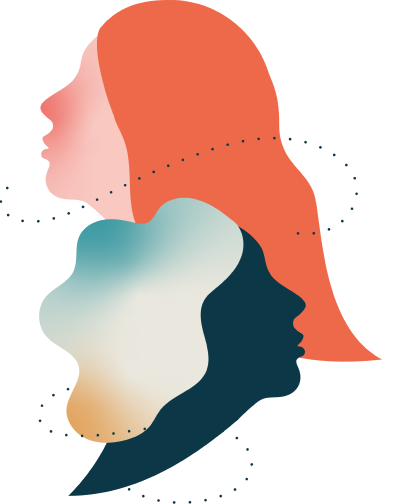Menopause shows up in different ways. Understand how different symptoms might be impacting you.
Treatments and Symptoms
Breast Discomfort
What it feels like
Tenderness or soreness in one or both breasts
Why it happens
Breast tissue is sensitive to hormones. Fluctuating estrogen and progesterone can lead to breast discomfort, primarily during perimenopause. Breast discomfort usually resolves once the transition to menopause is complete.
If you’re experiencing new breast discomfort, it’s important to see your doctor for an exam.
According to the 200,000 respondents who have taken our Menopause Assessment:
18%
report that breast discomfort is the symptom that has the most severe impact on their quality of life
Up to 70%
of women experience breast pain at some point*
* Breast Pain. BMJ Clin Evid, 2014.
Get Started
Fast virtual menopause relief
Convenient access to expert care when you need it, on your schedule.
Learn about other symptoms

In-Person Care
Looking for an in-person OBGYN?
Visit our online scheduler, Lodus Health. There you can access 2,700+ independent, affiliated providers who deliver comprehensive women's health services.
Get Care

